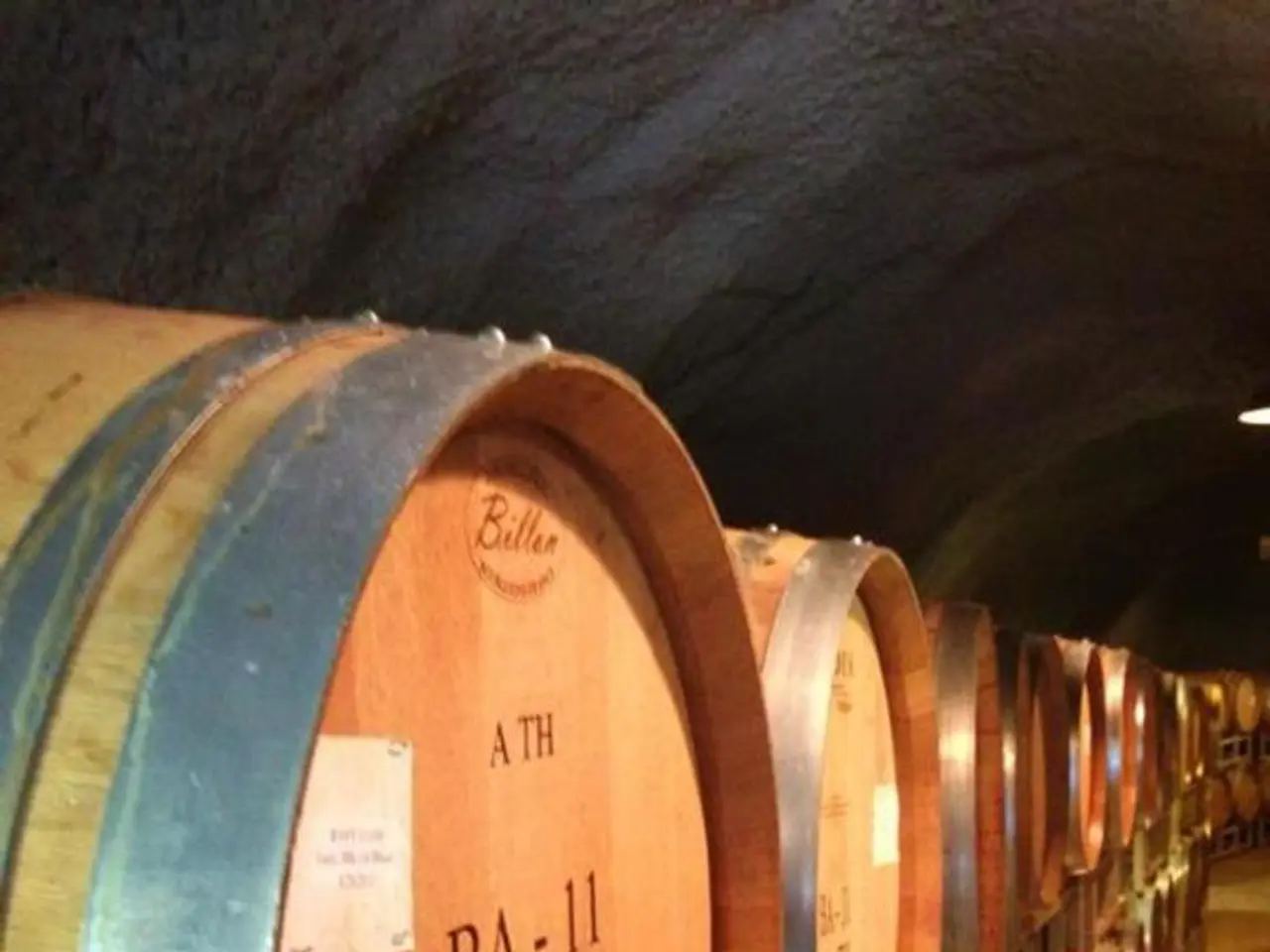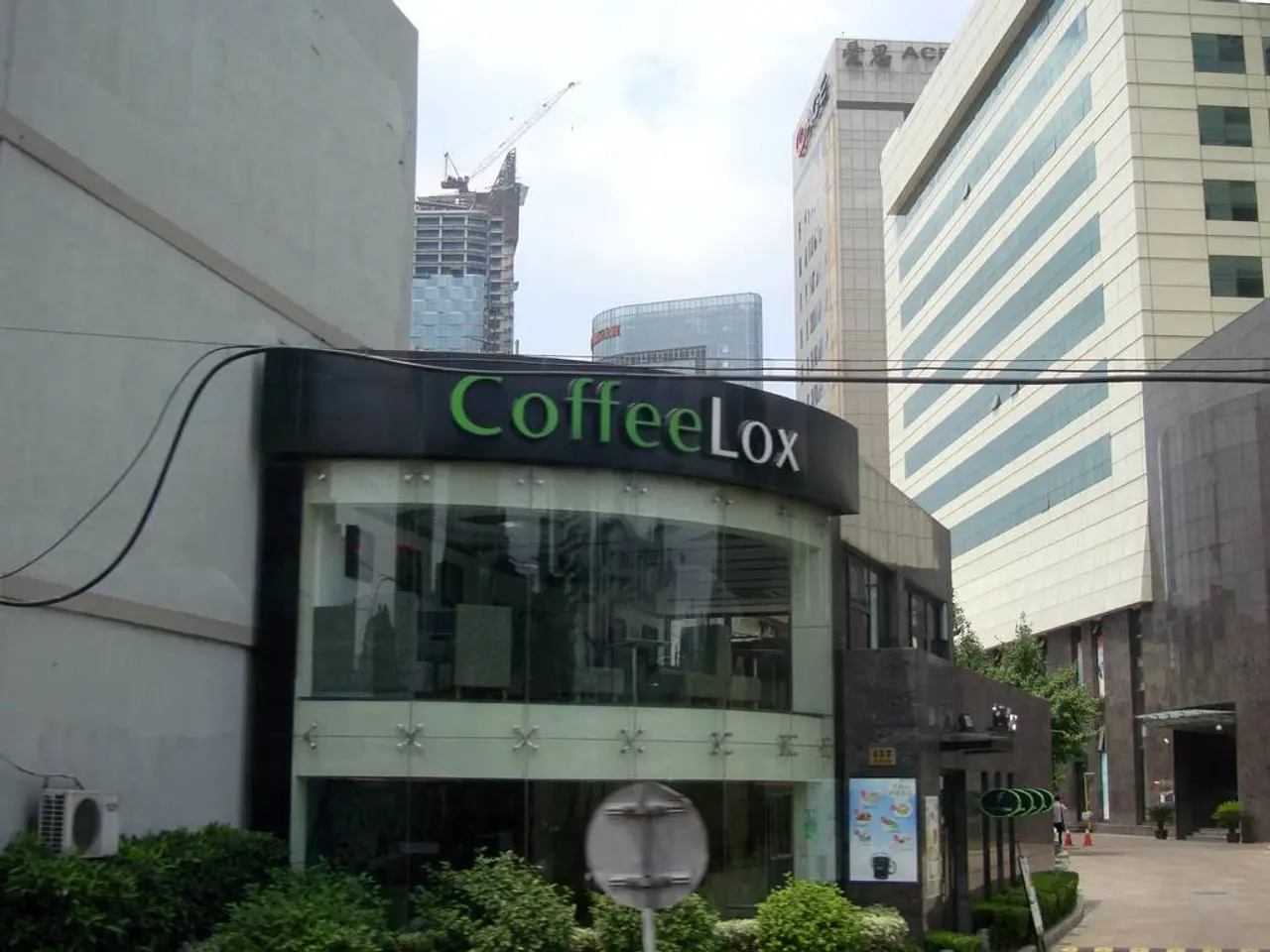Uniper finds a resolution for the gas predicament – what about the stock price?
Uniper, a significant player in the German energy sector, has taken an unprecedented step by redirecting Liquefied Natural Gas (LNG) cargoes intended for Asia to Europe, in response to Europe's urgent need for gas supplies due to reduced Russian pipeline flows.
This "unusual gas swap" is designed to help Europe meet its near-term demand, but it has consequences for Asian LNG markets. By reducing the volume of LNG available in Asia, this reallocation could potentially lead to higher prices or create supply constraints in the region.
The flexible nature of LNG, which can be transported to different markets based on shifting demand and pricing dynamics, is evident in this move. However, the global LNG market is not infinitely elastic; diverting cargoes to Europe draws down global LNG availability, tightening supply globally.
Asian buyers, facing reduced LNG availability, may seek alternative suppliers or pay premiums, potentially influencing longer-term contract negotiations and investment decisions in LNG infrastructure.
In contrast, European buyers, including Uniper, are securing long-term contracts with LNG producers to stabilise supply in response to ongoing geopolitical uncertainties and to reduce reliance on Russian gas. Such agreements may also stimulate increased LNG production capacity development globally, addressing supply stresses.
Uniper's CEO, Klaus-Dieter Maubach, expects these losses due to the need to purchase gas at higher market prices. The company is estimated to have incurred costs of €4.5 billion for replacement quantities until the end of August, and it is expected to incur further billion-euro losses in the coming weeks.
Uniper received a multi-billion-euro rescue package from the German government in July, which includes a capital increase giving the government a 30% stake. The company is set to publish its half-year results next Wednesday.
The operational LNG import facilities in Wilhelmshaven and Brunsbüttel, along with full storage and savings, are considered key to preventing a winter gas shortage in Germany. The first floating LNG terminals in Germany, located in Wilhelmshaven and Brunsbüttel, are expected to be operational by early 2023.
The price for a barrel of U.S. oil (WTI) for September delivery fell $0.55 to $93.79 on Friday, while oil prices are trending lower, with a barrel of North Sea oil (Brent) for October delivery trading at $99.12, down $0.48 from Thursday. The German TTF gas future is trading at around €208 for October delivery, indicating a rise in gas prices.
The International Energy Agency's (IEA) forecast on Thursday led to an increase in oil prices. The German government's gas surcharge mechanism is set to take effect after Uniper's estimated losses for September. Pipelines are being constructed at record speed for German standards as part of the LNG terminal projects.
[1] Source: Reuters, Bloomberg, and Energy Intelligence
This dynamic is driving new long-term supply contracts and may accelerate investments in LNG infrastructure worldwide, creating a ripple effect on both regional and global supply-demand balances.
Sports analysts might discuss an unexpected shift in LNG supply, with less LNG potentially being available for Asian markets due to the diversion of cargoes to Europe. This change could impact prices and availability in the Asian sports industries that rely on LNG for energy, such as ice hockey arenas or athletic training facilities.
The increased focus on securing long-term LNG contracts by European buyers, like Uniper, could signal a broader trend in the global energy market, influencing investment decisions in LNG infrastructure not just for winter gas supply but also for sports venues that require consistent energy.







